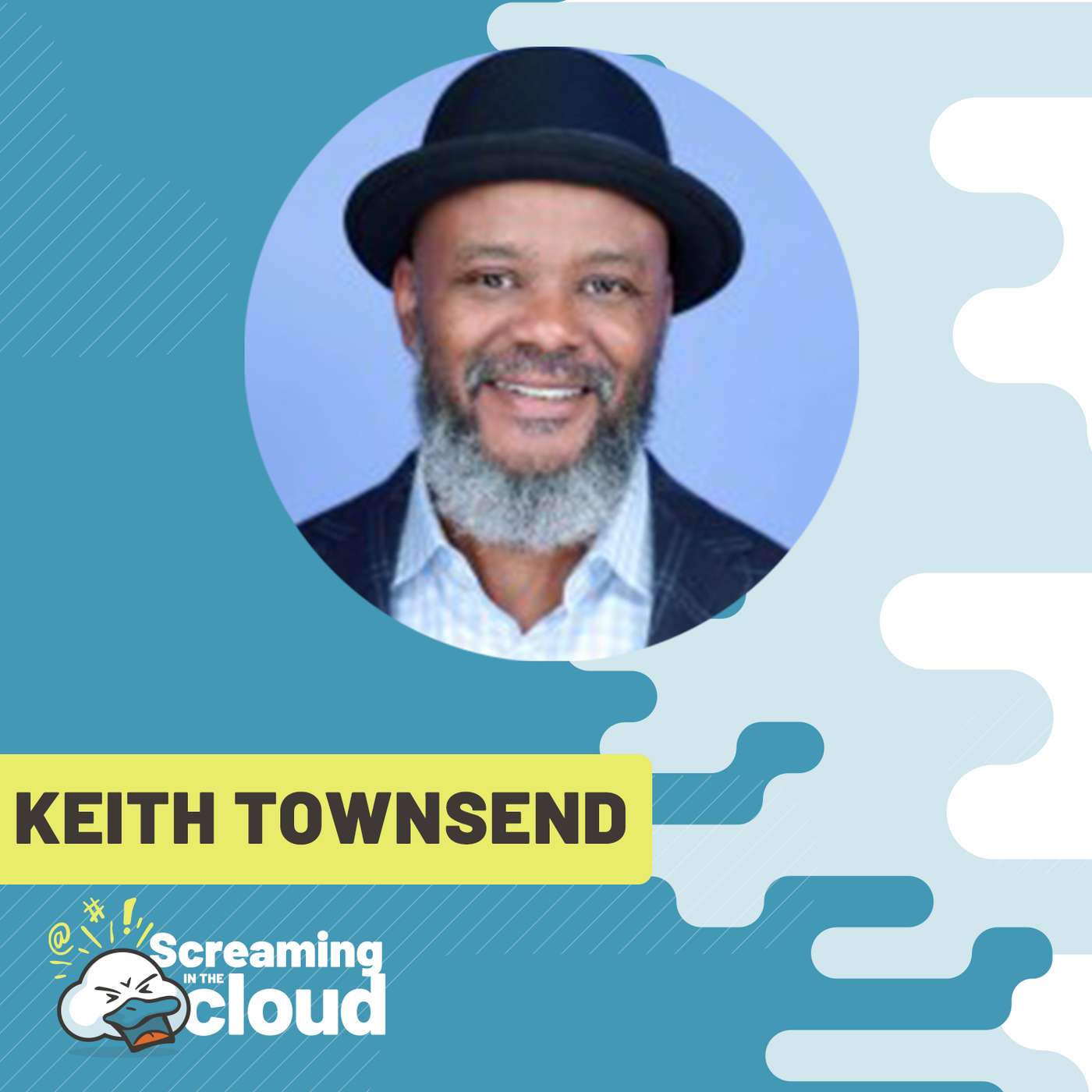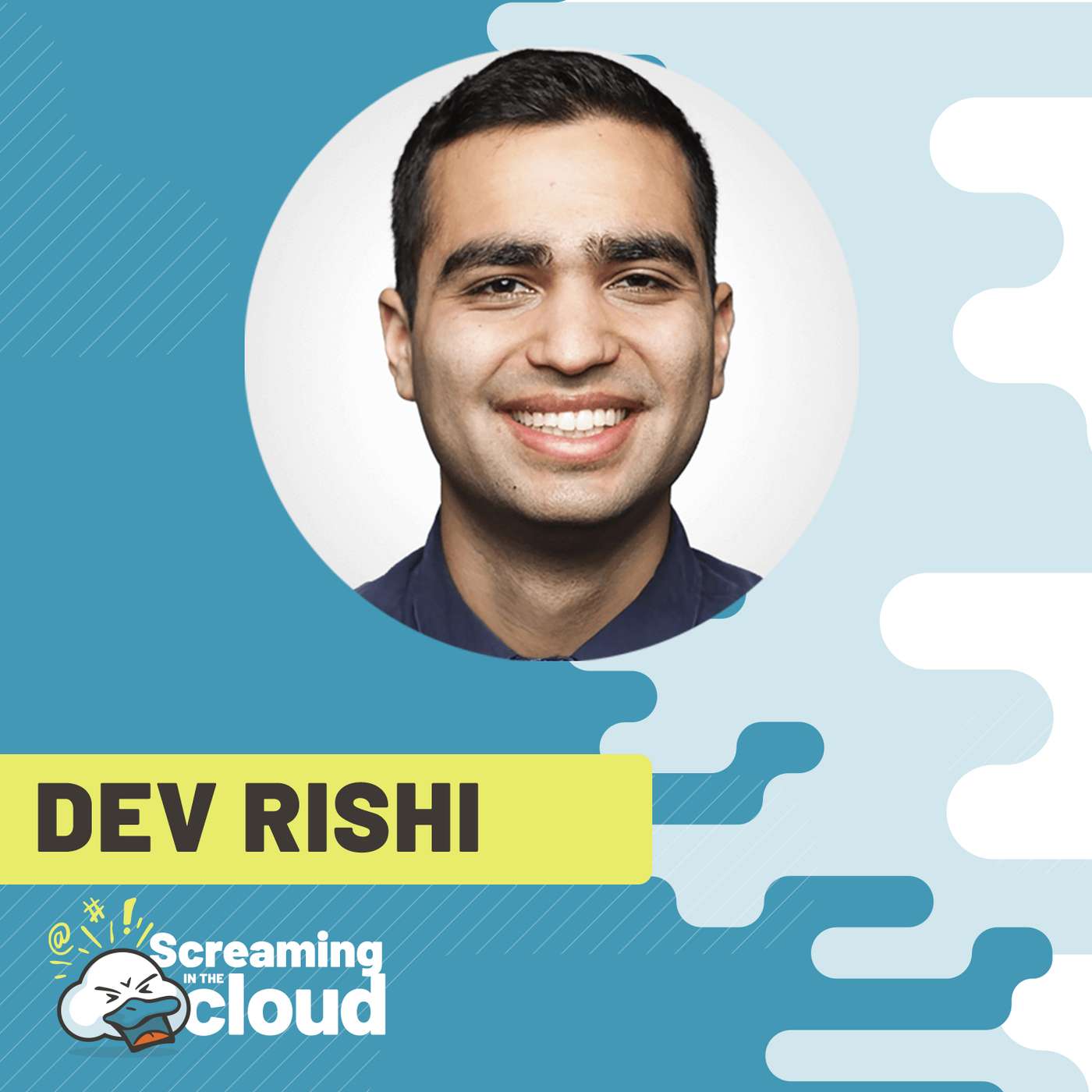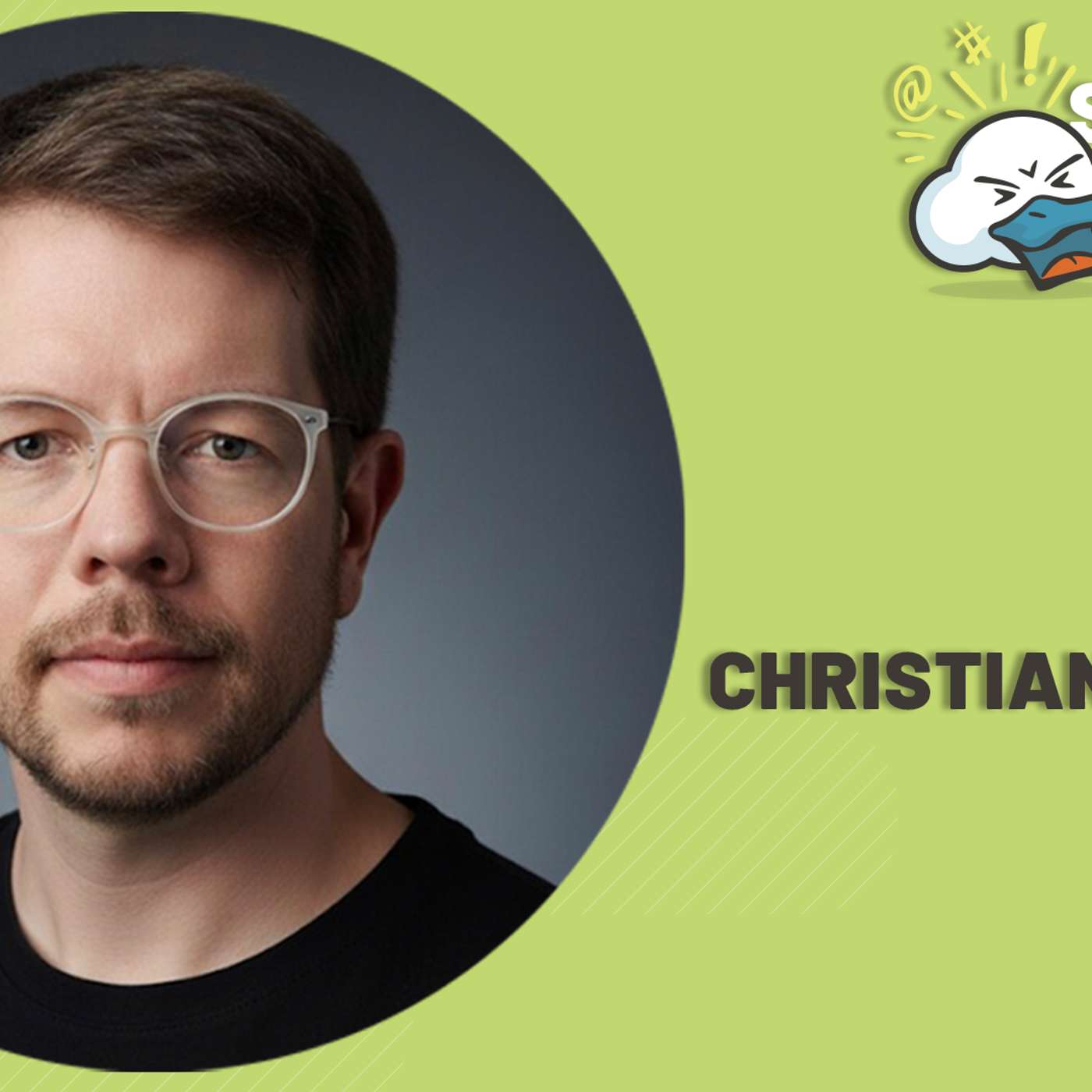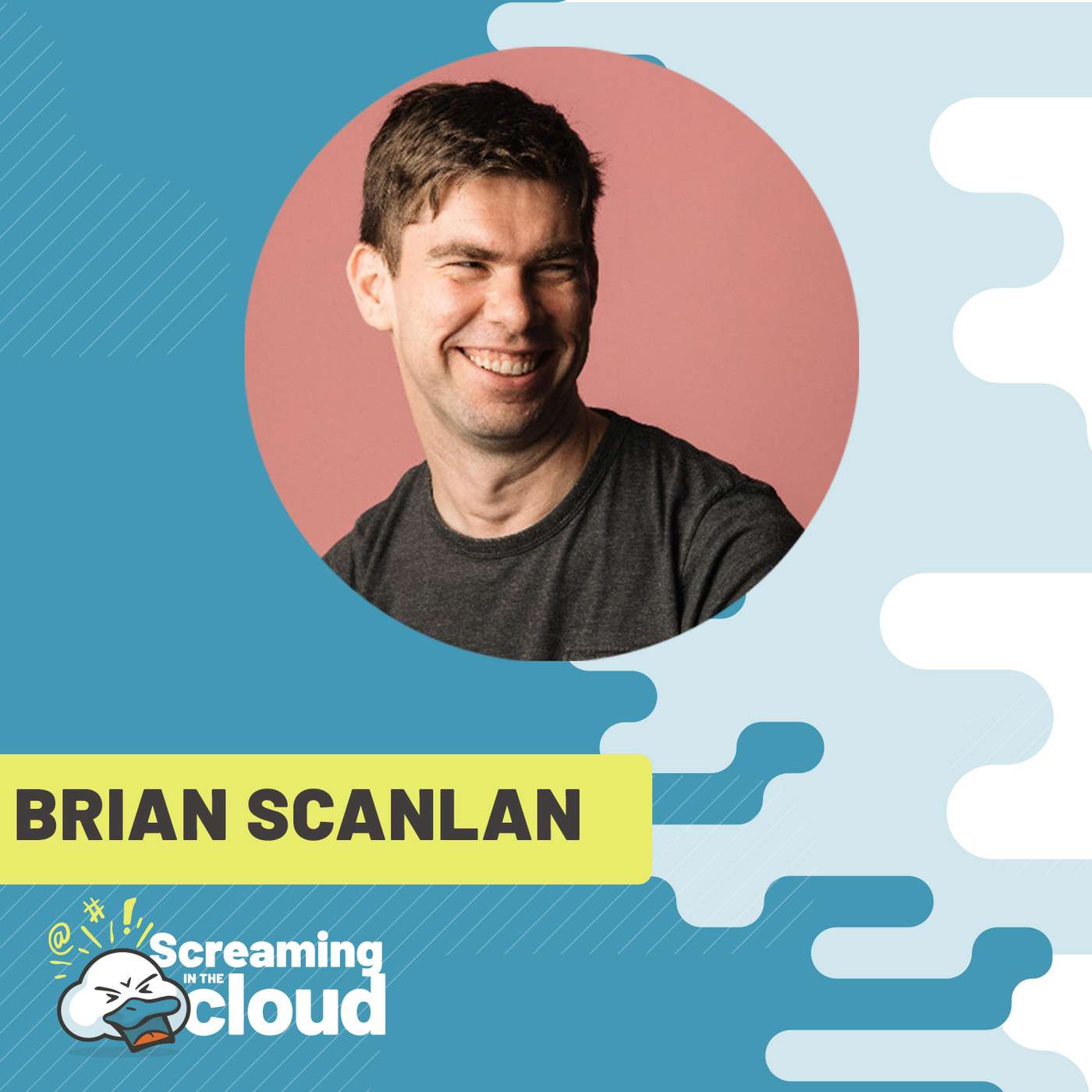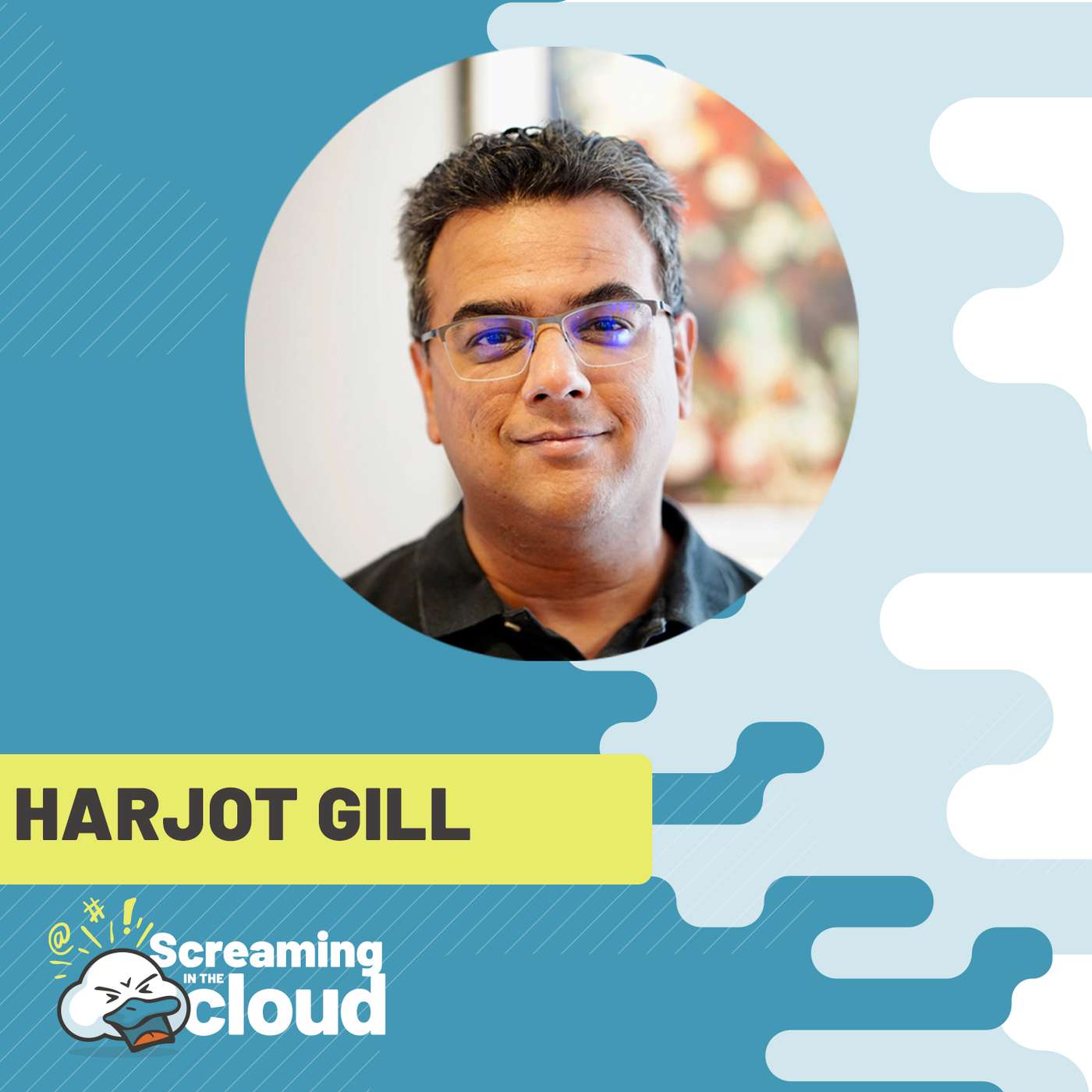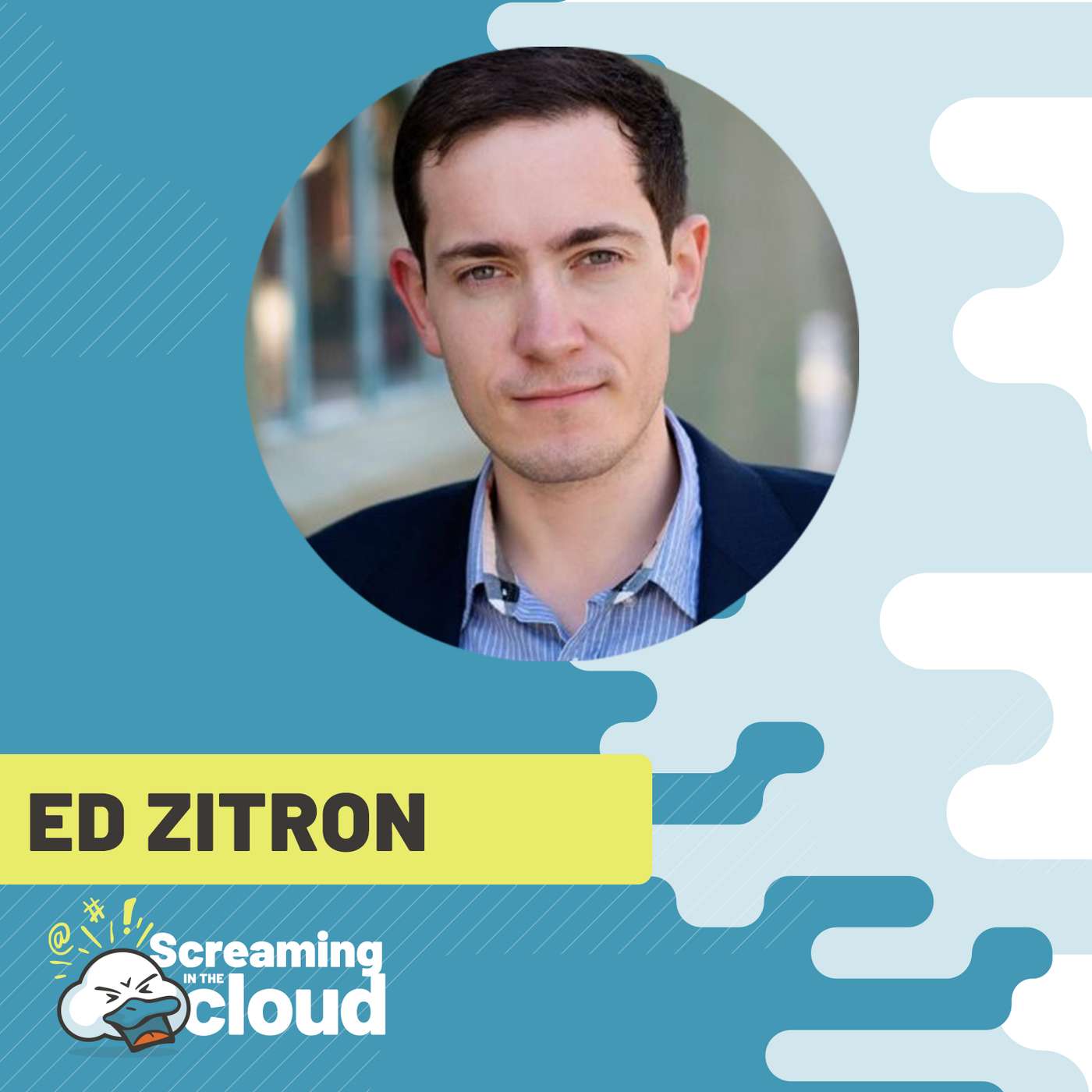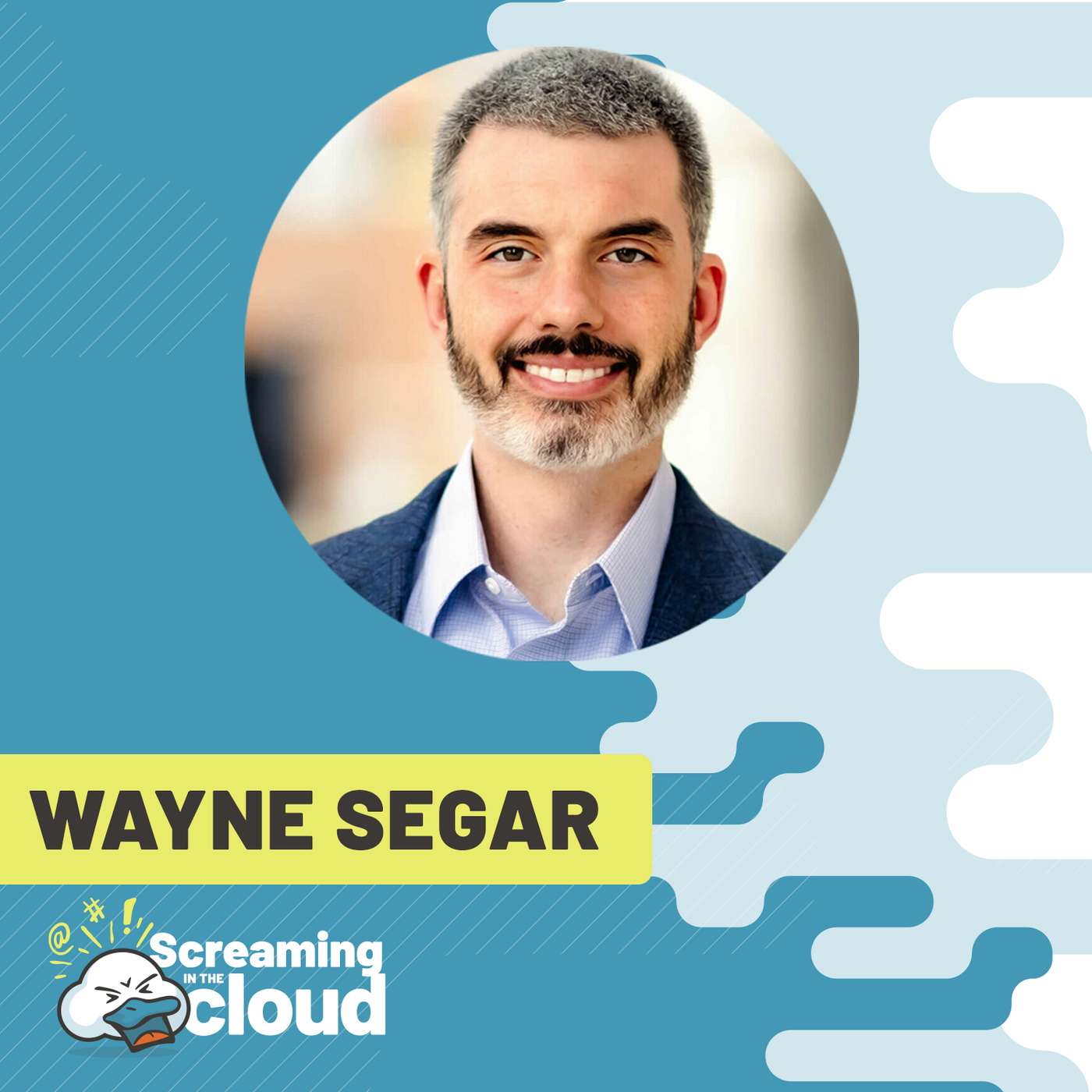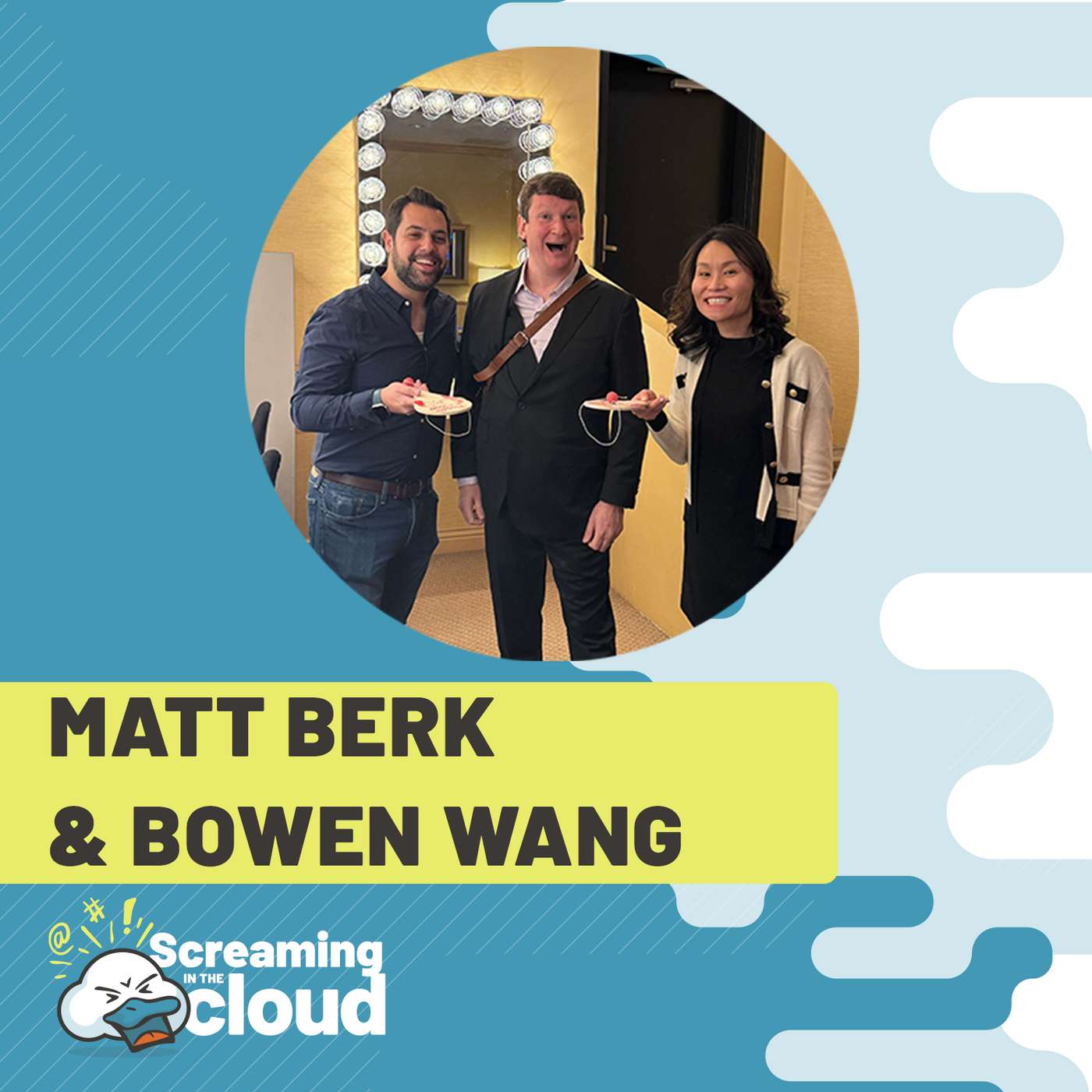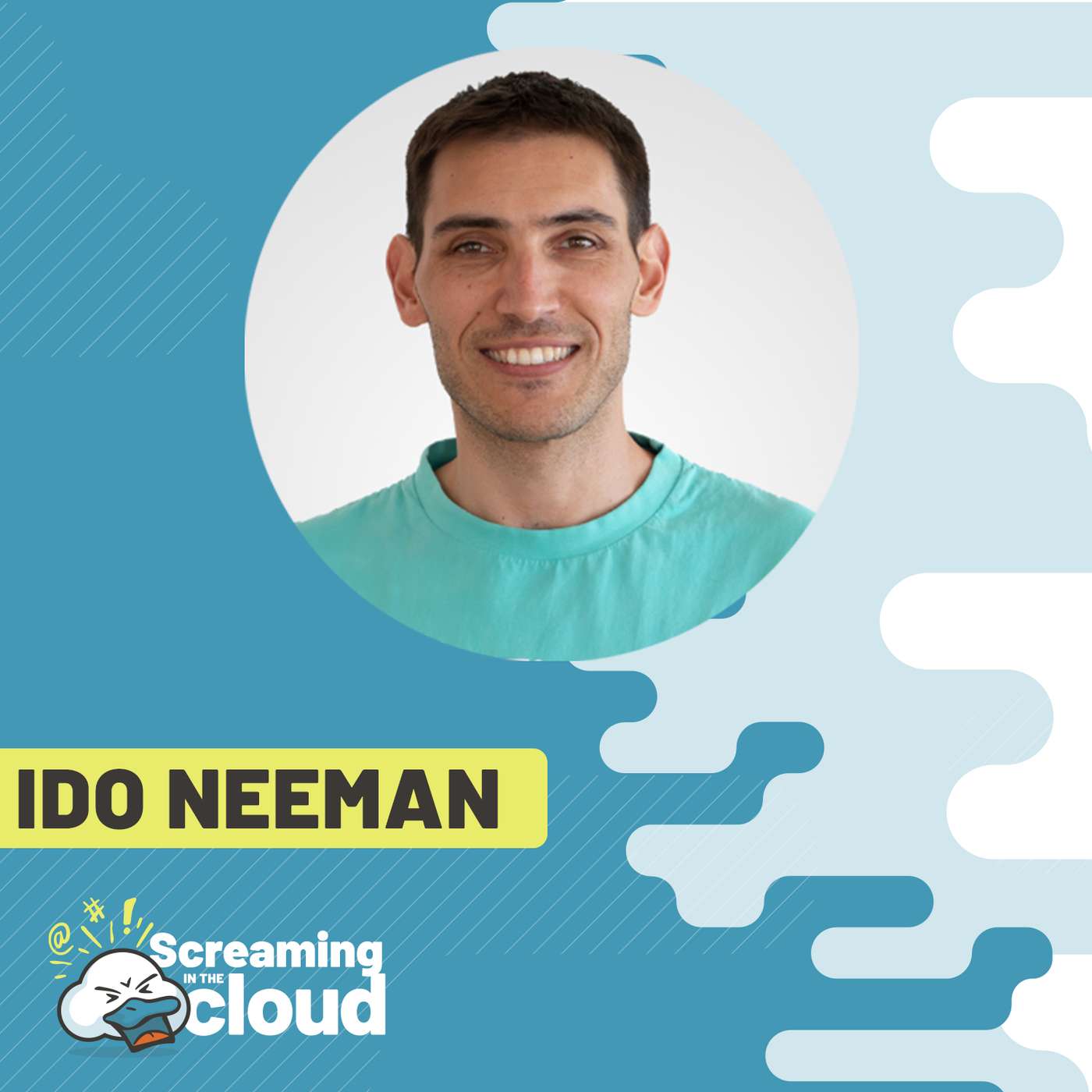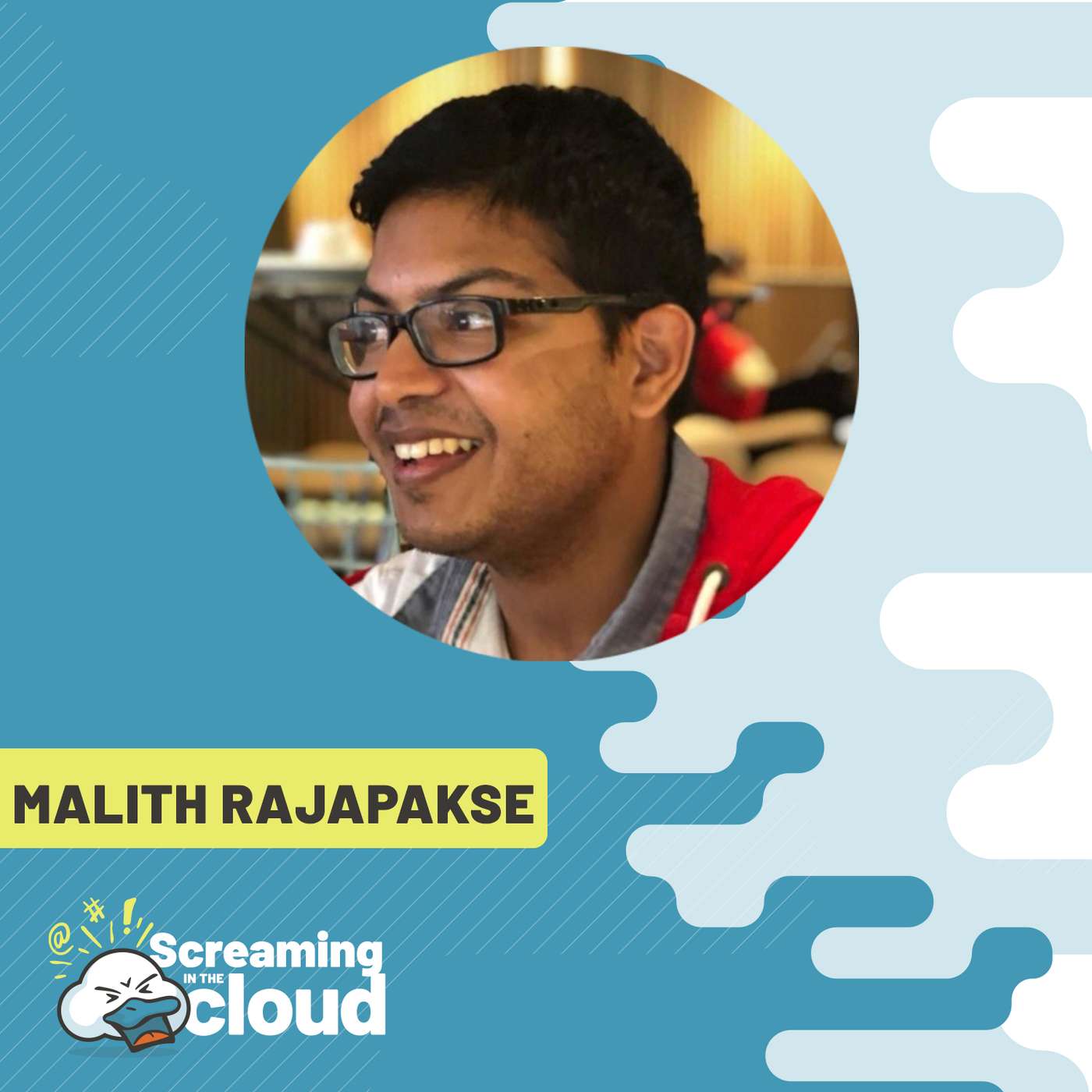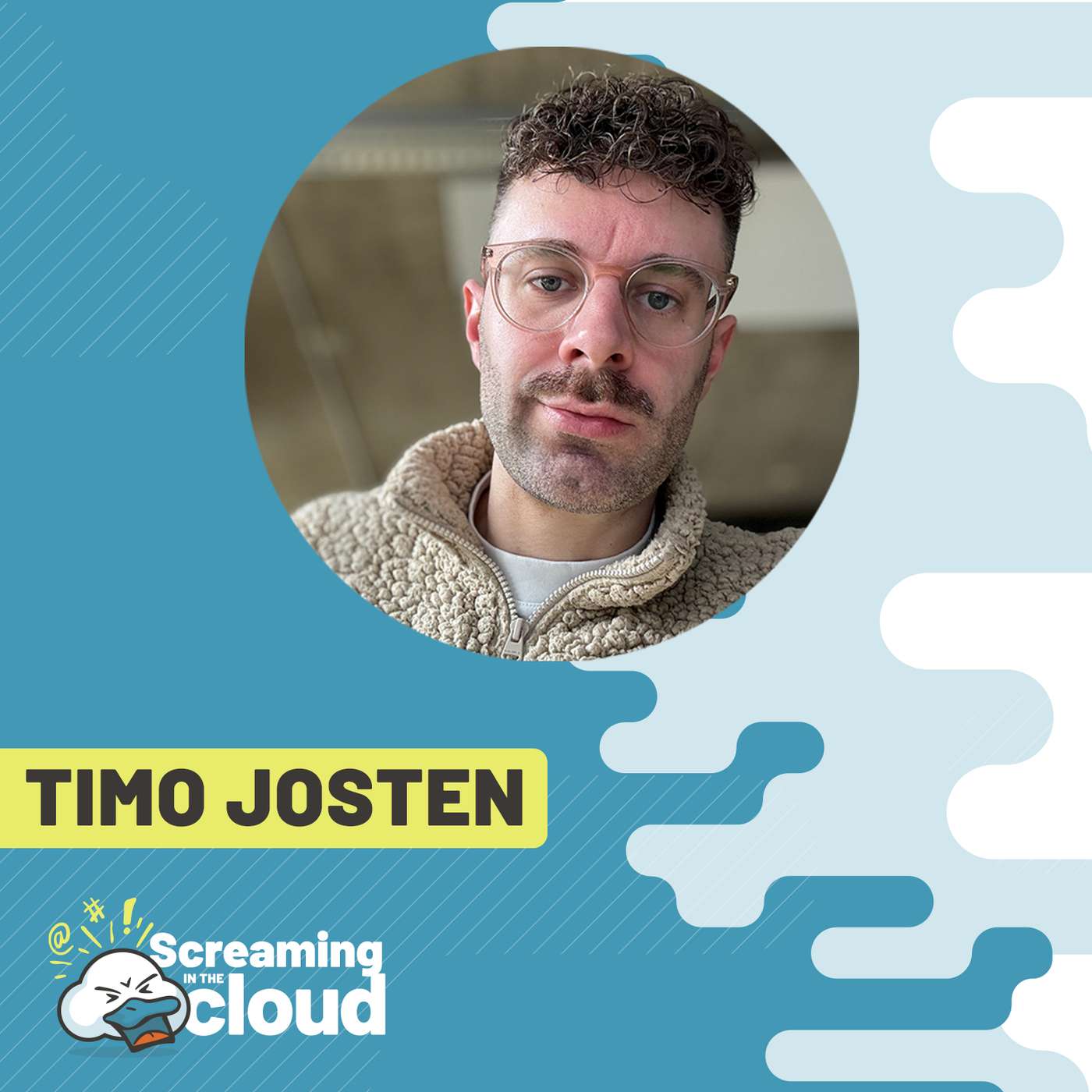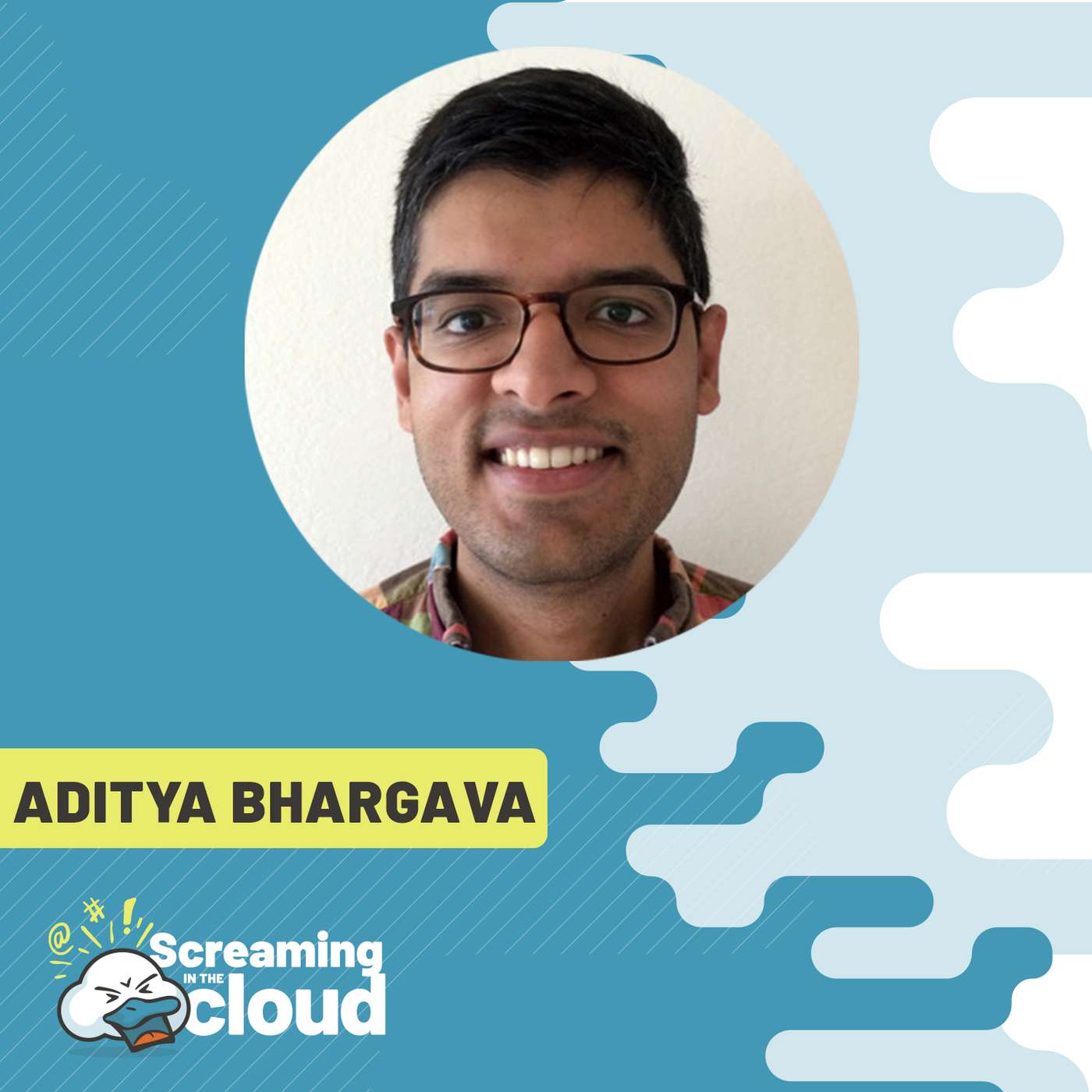Digital Security for Humans with Jessy Irwin
Update: 2020-07-02
Description
Jessy Irwin is the Founder at Amulet. Prior to this role, she ran her own consultancy, Jessysaurusrex LLC, for seven years, worked as a vice president of privacy and security at a privately owned public affairs firm, and was a security empress advocating for password managers at AgileBits, Inc.
Join Corey and Jessy as they discuss the best job title in the world, how majoring in art history was the best life decision Jessy made, why security needs to be as mundane as vacuuming the house, what Jessy is doing to make security more enjoyable, the role consumer branding plays in the adoption of security tools and practices, why Jessy thinks security problems are akin to lifestyle choices, why security practitioners should be focused on raising the cost of an attack, one of Jessy’s endless frustrations about working in blockchain, why Jessy generally avoids using the b word, and more.
Join Corey and Jessy as they discuss the best job title in the world, how majoring in art history was the best life decision Jessy made, why security needs to be as mundane as vacuuming the house, what Jessy is doing to make security more enjoyable, the role consumer branding plays in the adoption of security tools and practices, why Jessy thinks security problems are akin to lifestyle choices, why security practitioners should be focused on raising the cost of an attack, one of Jessy’s endless frustrations about working in blockchain, why Jessy generally avoids using the b word, and more.
Comments
In Channel


